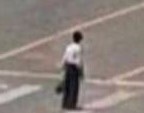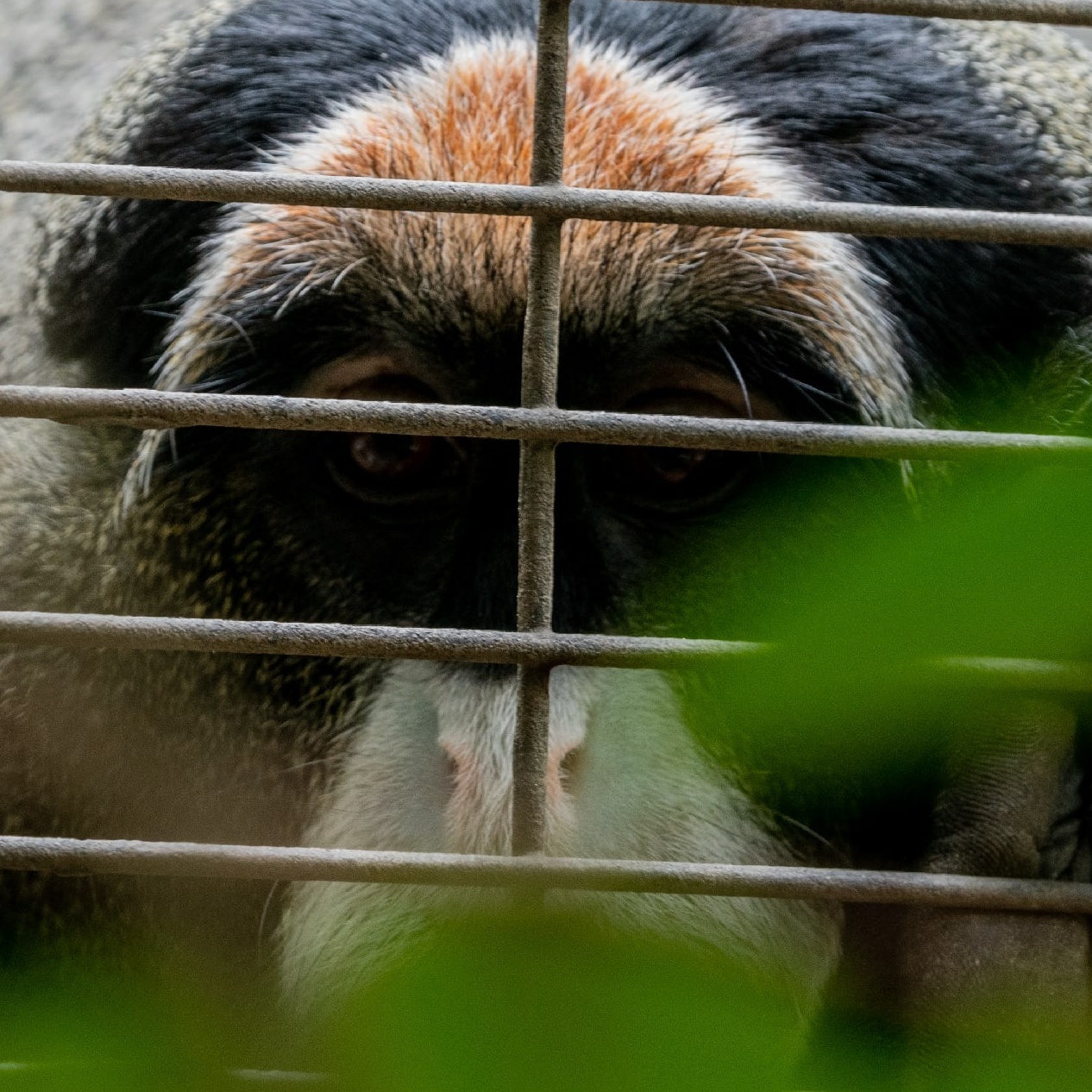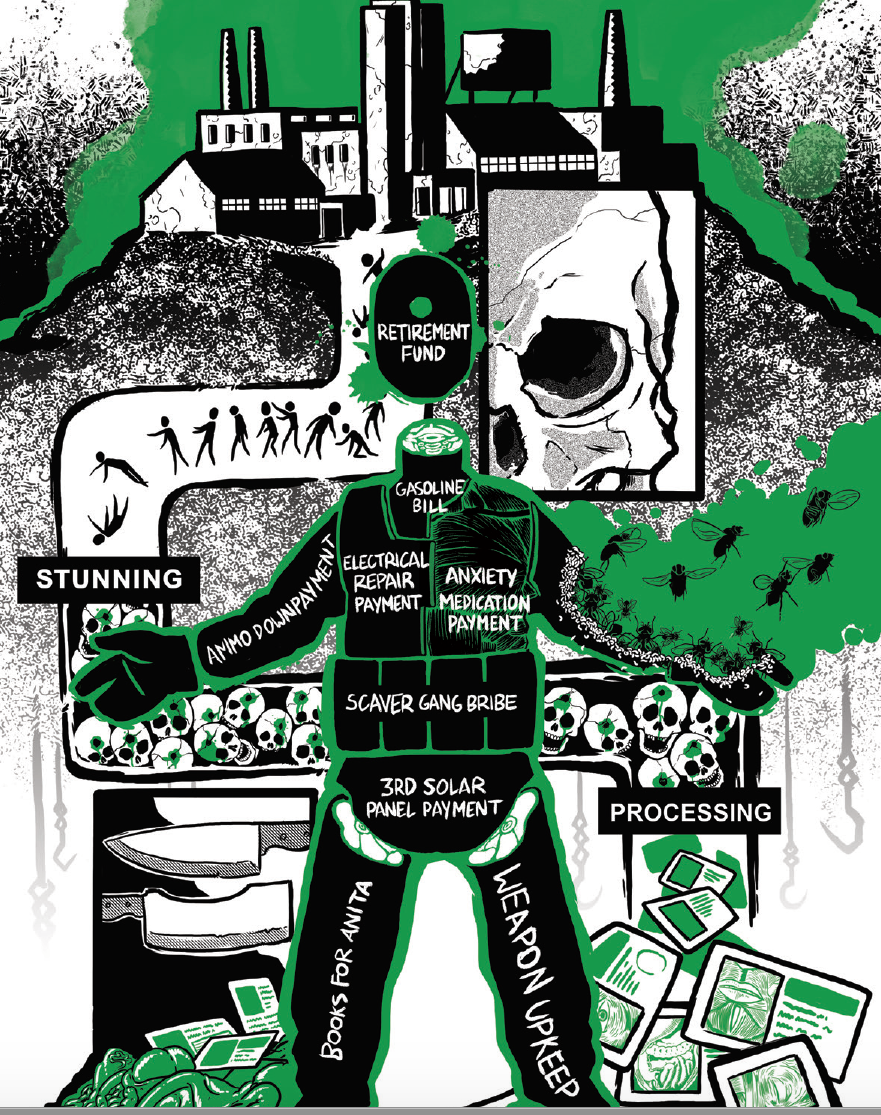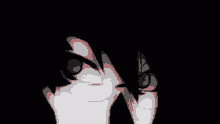It's one of those days — and I have decided that I want to get into photography.
now mind you, I don't even have a single clue about photography, I don't even know what the average price of a good camera might be.
so take this post as an invitation to write a rant or an effortpost about cameras, literally anything on your mind regarding this topic, i'm content enough with learning anything about it.
edit: you can also just recommend me a video or something if you'd like
blanket advice: get good with what you've got, expand once you know where to go. Phones these days are well beyond their digital counterparts even 10yrs ago.
Uhhh photography specific uhhh, something about f-stop idk :shrug-outta-hecks:
I have a digital medium format setup, I have full frame, they're beautiful and I love them but the cameras that actually go places with me are all micro 4/3rds
As someone who got into amateur photography about a year ago, I decided to buy a DSLR rather than a mirrorless camera in the hopes that the older technology would become cheaper than the hot new stuff.
No idea if it's come true.
I got the Nikon D3500 and pretty quickly started shopping around for lenses. I'd recommend getting a camera and kit lens and then experimenting and seeing what you like and what you'd like to do better. I pretty quickly fell in love with a tiny depth of field with lots of bokeh, so I bought a fuckhuge old lens with an aperture of 2.4. Eventually I got rid of that because it wasn't compatible with my camera's autofocus, and now I exclusively use two lenses: a 18-200mm lens for almost everything and then a 200-500mm lens for stuff in the distance (mostly wildlife).
Tony and Chelsea Northrup are my favorite photography YouTubers. They get into a lot of technical information (though in my experience, not overly technical), while others like Nigel Danson focus more on their own photography.
Here's an explanation of the technical details of how cameras work.
A while back I got a used Sony α6000 with a fixed 50mm lens. I highly recommend not getting a zooming lens when you start out. Instead of zoom, go for aperture. Aperture determines the amount of light your camera is able to collect. Larger apertures allow you to take faster shots.
By using the same lens and adjusting aperture, you can unlock some of the black magic of photography. As aperture increases (lower f-stop), the shutter speed must be increased to avoid overexposure. As aperture decreases (higher f-stop), shutter speed must be decreased to avoid underexposure. After that, you'd think all else would be the same, but it's not! The large aperture shot will have a very narrow range of focus, capturing incredible detail on the subject (like individual hairs on a bird's feathers). Contrary, longer exposures and smaller apertures will expand the range which is in focus, allowing you to capture both foreground and background details, but requiring a more steady hand or a tripod.
Larger aperture lenses are also perfect for pointing up at the night sky and capturing 10-20 second exposures (tripod and delay mandatory), pulling incredible detail out of the Milky Way which is invisible to the naked eye.
I suppose it all depends on what you want to do. Wildlife photography demands a telephoto lens, and if you want more control over what's framed in your photos without changing lenses or walking backwards into traffic some level of zoom is very helpful. IMO, the typical 'kit lenses' have too many compromises though. Don't get me wrong - they will produce much better photos than the rice-grain sized lens and sensor in your smartphone, but their aperture isn't the best, and large aperture zoom lenses get VERY expensive compared to fixed lenses.
-
decide what camera ecosystem you're interested in. Canon, sony, all of them use different lens mounts, and while there are some adapters to let you use a different lens mount, those aren't always perfect.
-
Spend your money on glass. the bodies get updated basically every year, but a good lens will last decades.
-
you could try out gcam mod on android, its churns out amazing photos https://www.celsoazevedo.com/files/android/google-camera/
Hoooooooo boy, talk about my professional wheelhouse.
From the heart, my greatest piece of advice is
It really doesnt matter what gear you choose.
At it’s simpliest, a camera is a dark box with glass sticking out one end. What’s really important is at two ends of the camera is the glass and opposite that the sensor (or film). Sensors are fixed to the camera, so yeah, you’d think that’s important, but cameras have been very good for so long now that the incremental improvements dont matter too much to a beginner. If you want to scan over images at 1200% zoom to find defect in the image, you’re kinda not at a beginner level, or you’re after the absolute, critically sharpest images you can stand to make. Personally that’s not an interesting photography to me, so i offer no advice to that.
With that in mind, the critical differences between brands dont make a difference to my photography, so invest in what ever camera system that strikes even your most shallow of fancies. If there is a deliberate choice to make, as said in this thread, make a choice of focal lengths for the lens.
Focal length can best be thought of as zoom, or magnification. It’s based on fancy math, but the higher the number, the more “zoom”.
But if you want to start, find a lens for your chosen camera, assuming it’s interchangeable, at either 35mm or 50mm equivalent focal lengths. I say equivalent, because lower end cameras (still good btw) have smaller sensors than many professional cameras, sized at what’s refered to as APS-C sized vs “Full Frame” of professional bodies. The only real effect that will have for you now, is that it means there’s a 1.6 crop (or zoom if you will) to your image, since the lens is designed to fill the full frame with light.
If you want to understand that, imagine an image projected on a wall, if you take a regular sheet of paper against that projected image, and trace it, that’s basically photography. If you take another sheet of paper, tear it into quarters, then trace it against the wall like the first paper, you’ll see a demonstration of what’s happening. The smaller page cant fit as much as the larger page. That’s it. It’s a smaller sensor that fits less of the whole image over all, resulting in a “zoom”.
If you grab an APS-C sensor equipped camera, and use a 35mm lens, the results are close to a 50mm lens on a fullframe, but a 50mm lens on that APS-C camera results in an image like an 80mm lens on a full frame.
Even cheap lenses are good, unless they’ve been destroyed. What you do is always more important than what you have. What you have can only help.
You’ll need to learn what shutter speed controls, what aperture controls, what ISO controls.
Shutter Speed is a time measurement in 1/x of a second. Designed so that going down to a faster speed results in 1/2 the light of the previous setting, and going up to a slower speed provides 2x the light.
Aperture is the hole of the lens. The aperture is controllable, from f2.8 > f4 > f5.6 > f8 > f11 > f16 etc and these units are mathematical. The difference between them is the same as with shutter speeds. The lower the number, the more light. Higher, less. The next higher f stop (as they’re called) allows half the light of the previous, and the next lower is 2x the light.
Finally ISO is sensitivity of the sensor or film to light. Range is from 100 > 200 > 400 > 800 > 1600 etc. This is based on ISO standards to light sensitivity. As with all the others going up is more sensitive by 2x, down 1/2 less.
Photographers call these differences of half or double by stops. It’s a logarithmic scale. The key is learning the balance to get a good exposure, then understanding the effect of choosing one of the 3 to control the light.
The point is either Canon, Nikon, Pentax, Fuji, Leica, or Sony, theres not going to be a dramatic effect to your beginner work. Or even pro. But the camera HAS to encourage you to use it IMO. Ergonomics factor big for me. To that end, i use Canon bodies. But they’re not the only ones. I have a sony a6000 i hate, i have a Ricoh GRii I love to pieces. But you have to learn your chosen gear.
but why 35mm or 50mm?Used to be, thats the one that came with your camera. 50mm, ready to shoot. Whats important here is that having a large lens selection, or focal length, means more to consider when shooting, so reduce choices so you’re not fiddling with things and missing shots.
that had nothing to do with what camera to get thoYeah, cause its not that important. You have to learn to use your eye first. Accept that maybe your camera messes up a shot, you’re cataloging your needs as a developing photographer. When you figure that out you waste less time and money on gear.
But that doesnt teach me how to shootYeah, thats because you do. I dont know what kind of photography you want until you start taking photos. And you still need to figure out why 1/60 f1.8 @ ISO 3200 washes everything out in broad daylight.
So what do i need to know?You have to start seeing light. With practice you’ll understand why shooting in late November gives you dark images even though it LOOKS pretty sunny
You dont mean..Yeah, some knowledge of physics helps
-
Do you have any idea what you might want to shoot? Portraits, landscapes, street photography, architecture, products, tiny bugs ... ?
-
Do you have a budget?
-





